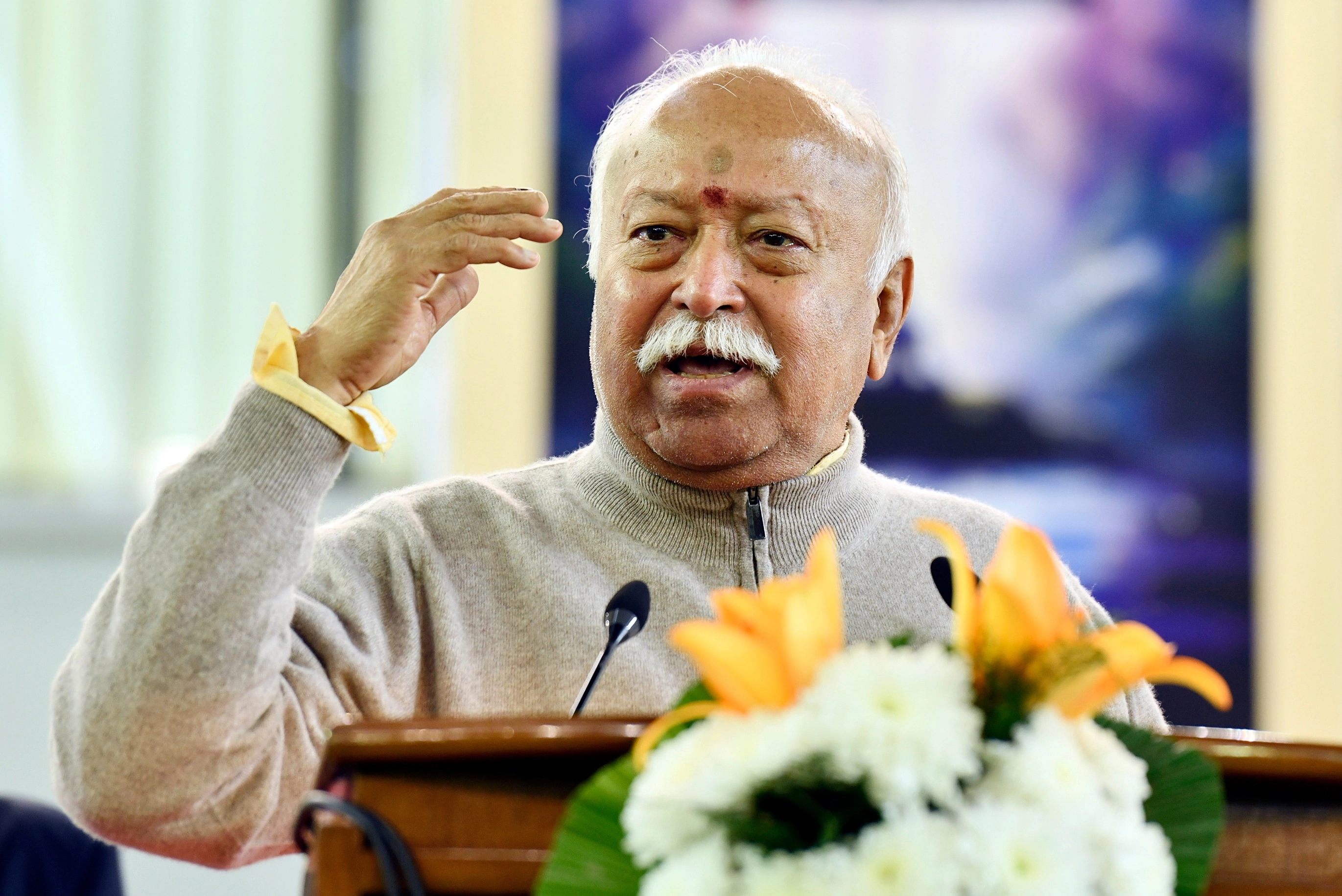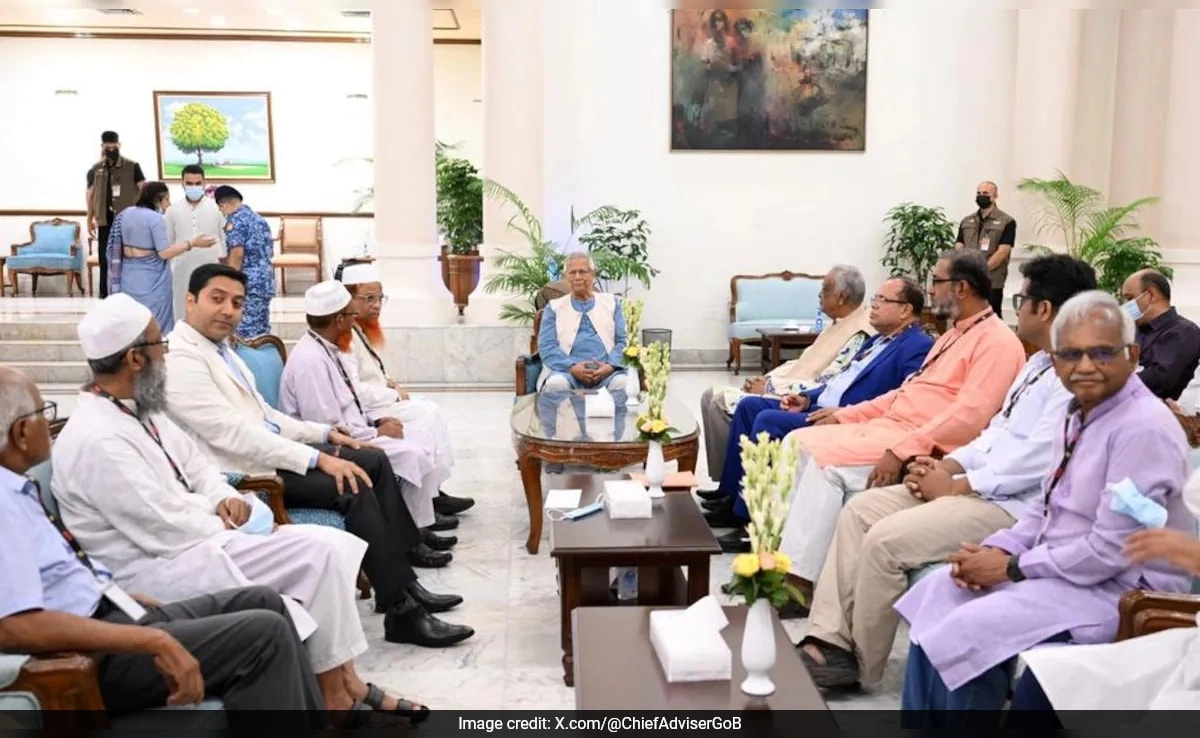During a recent event, Prime Minister Narendra Modi expressed admiration for former Jammu and Kashmir Chief Minister Omar Abdullah’s visit to Gujarat. Modi’s recognition of Abdullah’s efforts highlights a significant moment of political acknowledgment, especially considering the complex relationship between leaders from different regions in India. By praising Abdullah, Modi seemed to underscore the importance of fostering dialogue and understanding among diverse political figures in the country. This gesture not only reflects Modi’s willingness to engage with opposition leaders but also indicates a broader vision for unity and collaboration in Indian politics.
Following his praise, Modi made a request to Abdullah, which indicates that the Prime Minister is keen on leveraging such visits to promote a more inclusive political atmosphere. The request, though unspecified in the news, suggests that Modi is seeking cooperation on issues that may transcend regional politics and benefit the nation as a whole. This kind of interaction between leaders from varied backgrounds can pave the way for constructive discussions and potential collaborations on pressing national issues, including economic development, social harmony, and security challenges.
Such moments are crucial as they represent a shift towards more cooperative political discourse in India. In an era marked by polarization and partisan divides, Modi’s public acknowledgment of Abdullah’s visit can serve as a reminder that constructive dialogue is essential for progress. It also opens the door for future engagements that could lead to shared initiatives aimed at addressing the needs of citizens across different states. As political leaders navigate their roles, the importance of humility and respect for one another’s contributions cannot be overstated, especially in a diverse nation like India.
Overall, Modi’s praise and subsequent request to Omar Abdullah signify a step toward building bridges in Indian politics. It reflects a growing understanding that collaboration and mutual respect among leaders can lead to a more cohesive and productive political environment. As public figures continue to engage with one another, it is essential to focus on common goals that benefit the nation, fostering an atmosphere of unity that transcends regional and political boundaries.




